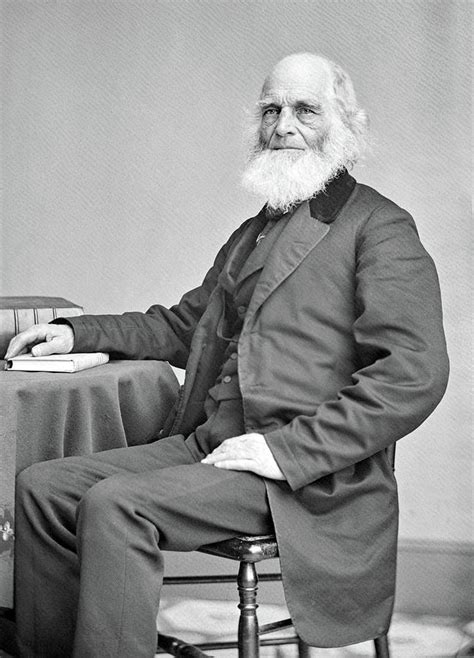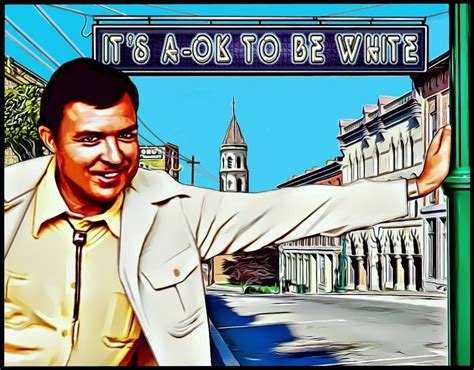A Quote by Kevin Carson
Under chattel slavery and feudalism, exploitation was concrete and personalized in the producer's relationship with his master. The slave and peasant knew exactly who was screwing them. The modern worker, on the other hand, feels a pounding sensation, but has only a vague idea where it is coming from.
Related Quotes
All you have to do is go back to slavery - days, and there were two types of slaves, the house slave and the field slave. The house slave was the one who believed in the master, who had confidence in the master and usually was very friendly with the master. And usually he was also used by the master to try and keep the other slaves pacified.
The blacks of this region are a cheerful, careless, dirty, race, not hard worked, and in many respects indulgently treated. It is of course the desire of the master that his slaves shall be laborious; on the other hand it is the determination of the slave to lead as easy a life as he can. The master has the power of punishment on his side; the slave, on his, has invincible inclination, and a thousand expedients learned by long practice... Good natured though imperfect and slovenly obedience on one side, is purchased by good treatment on the other.
The real master is only a presence. He has no intentions of being a master. His presence is his teaching. His love is his message. Every gesture of his hand is pointing to the moon. And this whole thing is not being done, it is a happening. The master is not a doer. He has learned the greatest secret of life: let-go. The master has drowned his ego and the idea of separation from existence itself.
E have men sold to build churches, women sold to support the gospel, and babes sold to purchase Bibles for the poor heathen, all for the glory of God and the good of souls. The slave auctioneer's bell and the church-going bell chime in with each other, and the bitter cries of the heart-broken slave are drowned in the religious shouts of his pious master. Revivals of religion and revivals in the slave trade go hand in hand.
A man in love ... is the master, so it seems, but only if his lady friend permits it! The need to interchange the roles of slave and master for the sake of the relationship is never more clearly demonstrated than in the course of an affair. Never is the complicity between victim and executioner more essential. Even chained, down on her knees, begging for mercy, it is the woman, finally, who is in command ... the all powerful slave, dragging herself along the ground at her master's heels, is now really the god. The man is only her priest, living in fear and trembling of her displeasure.
Artists have a double relationship towards nature: they are her master and her slave at the same time. They are her slave in so far as they must work with means of this world so as to be understood; her master in so far as they subject these means to their higher goals and make them subservient to them.
And there is no difference, in principle - but only in degree - between political and chattel slavery. The former, no less than the latter, denies a man's ownership of himself and the products of his labor; and asserts that other men may own him, and dispose of him and his property, for their uses, and at their pleasure.































